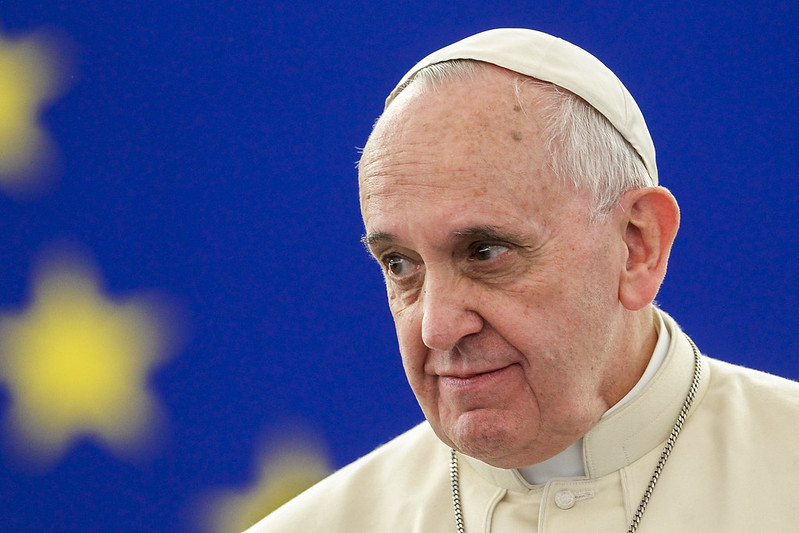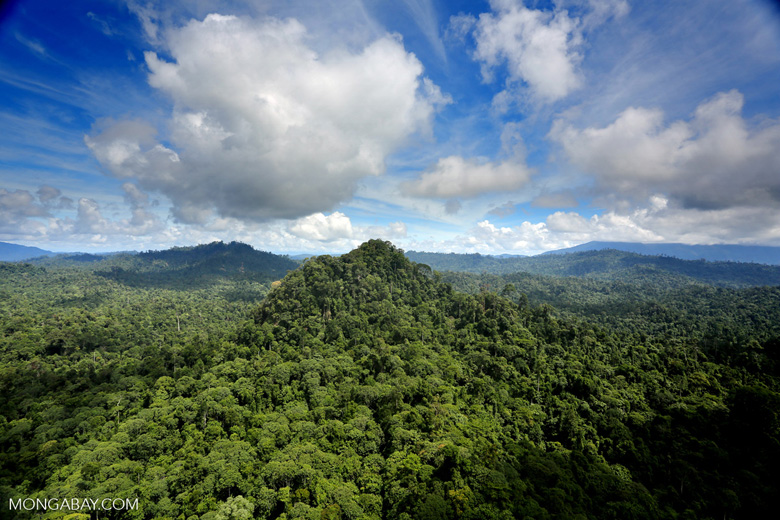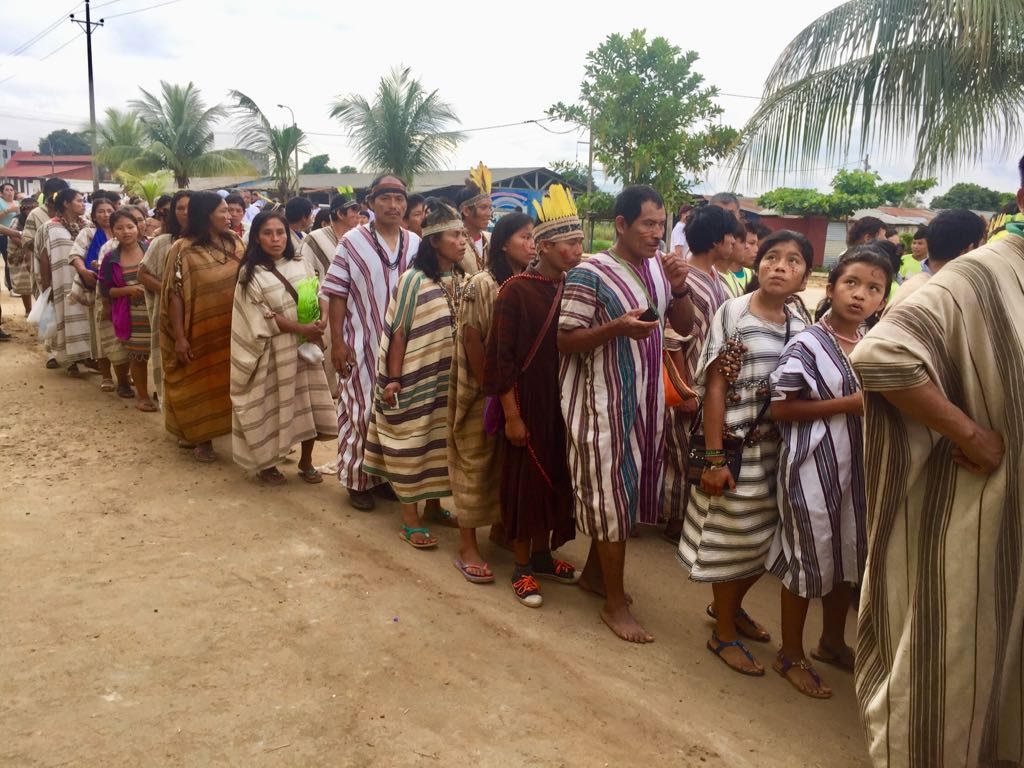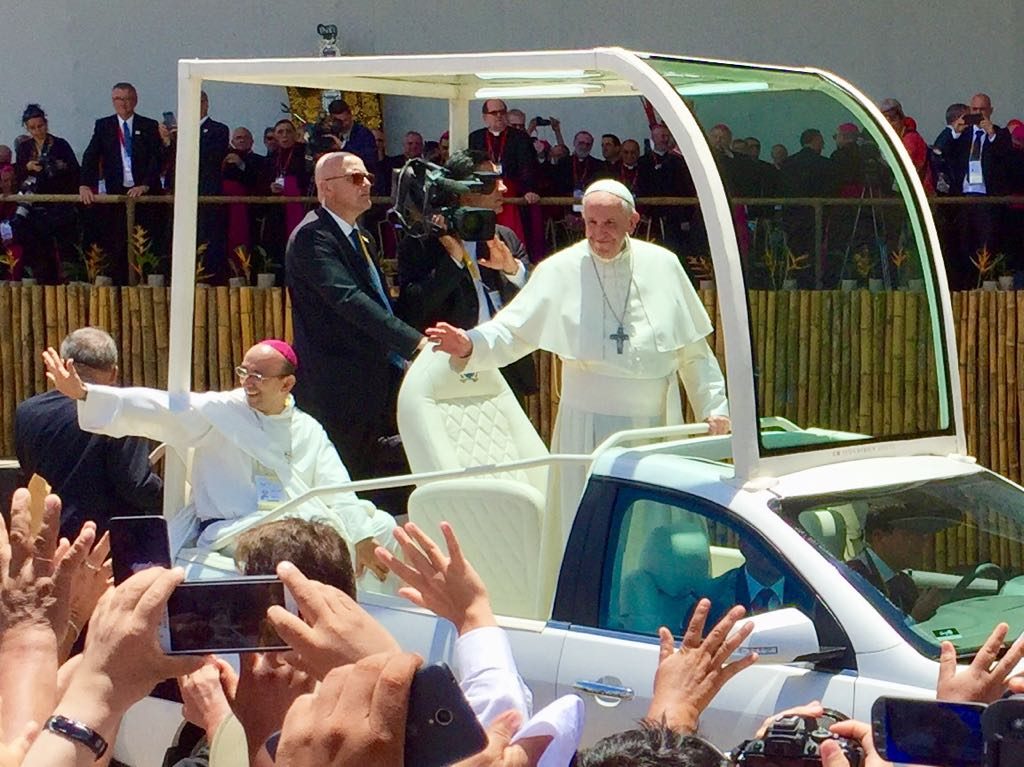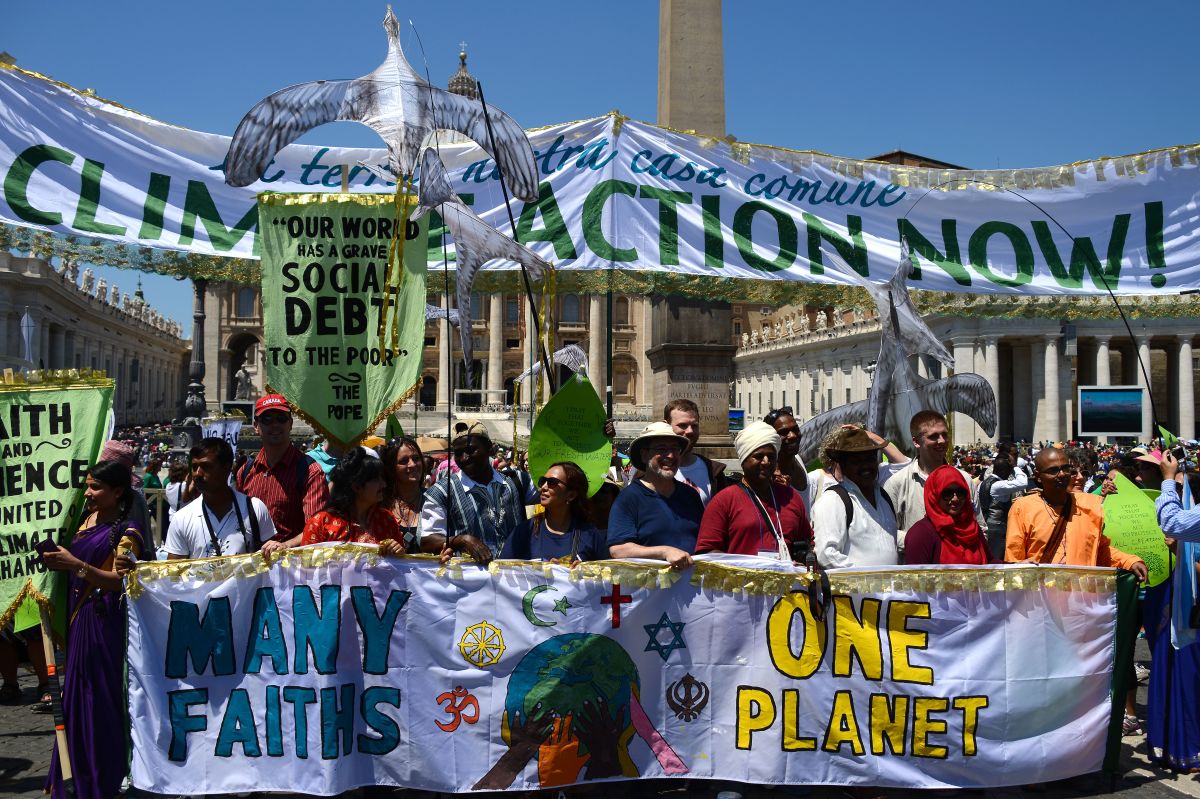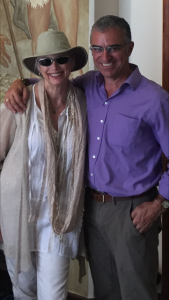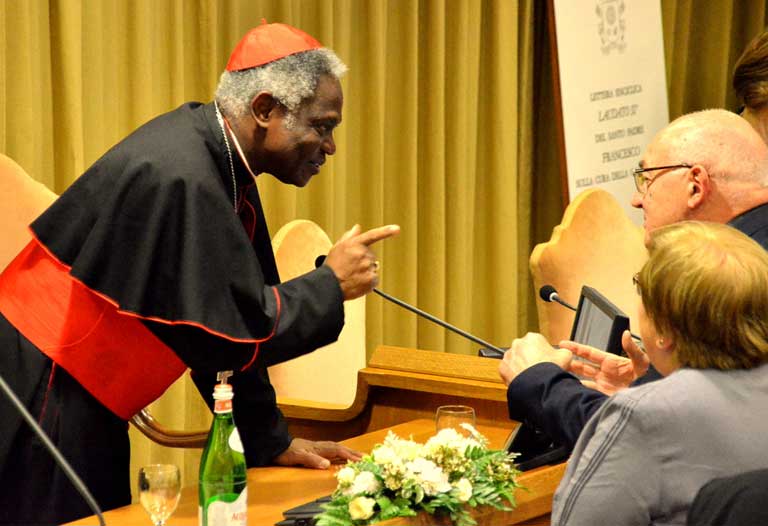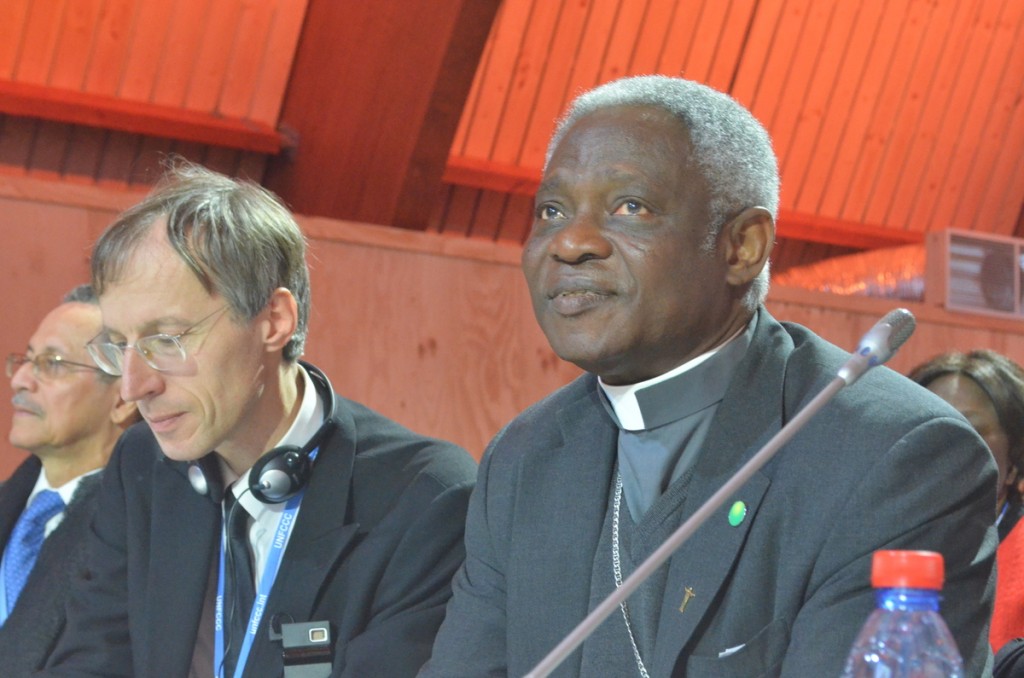
This story is a follow up to my breaking news story in early October regarding Pope Francis‘ spirited addendum to his 2015 encyclical Laudato Si in defense of planet earth. In his concise, 13-page letter to “people of all faiths,” the pope makes clear his grave disappointment in leaders of the industrialized world to act with urgency to combat the accelerating climate crisis.
My goal with the follow up story, planned in consultation with my Mongabay editor Glenn Scherer, was to interview a range of sources in religious climate activism, theologians and climate policy makers. The timing of the new papal letter, called Laudate Deum, is clearly designed to challenge the national leaders who will meet in Dubai, United Arab Emirates, in early December for the 28th United Nations climate summit. My sources weighed in not only the Francis’ new criticisms and exhortations but also described a faith-based movement for climate action that emerged after the 2015 Paris Agreement in decline and disarray.
My first call was to the Rev. Fletcher Harper, executive director of New York City-based GreenFaith, whom I first met in Paris at the 21st climate summit, and who has been a good source ever since.
“Most religious organizations and leaders, with few exceptions, are not doing enough,” Harper told me. “Once-a-year sermons are not enough. Building gardens behind your church or temple or mosque are not enough. We need people willing to stand up to governments and major financial institutions and say: ‘You are destroying the planet. And you have to stop.’ ”
Other sources weighed in thoughtfully about the pope’s moral authority, the struggle for climate action in Latin America, and the need for a moral compass in the upcoming climate negotiations. It’s a lot. And this pope is once again doing what no other global leader is doing with such clarity. With time running out to slow the rate of global warming and thus head off even worse impacts from climate change, the question remains: are people listening?


